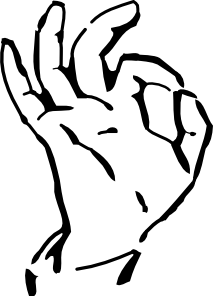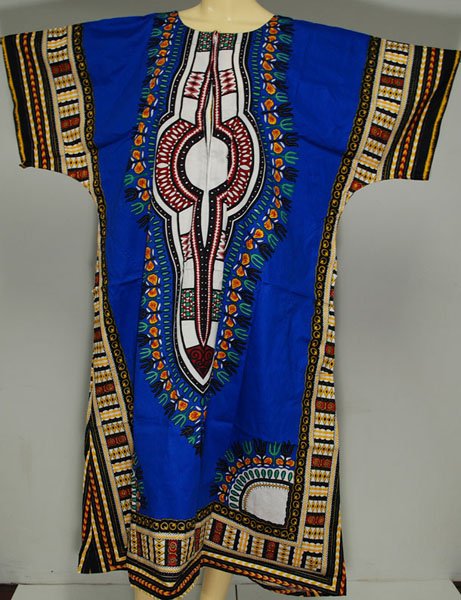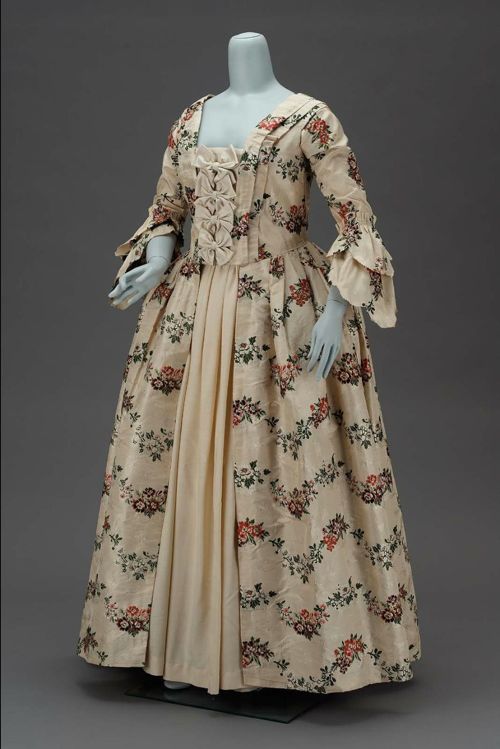Discrimination Against East Asians
The Stereotypes and Racism East Asians Face
The Stereotypes and Racism East Asians Face
"CHINK EYES... ANTI-SOCIAL... DISCRIMINATION..."
Whether in the media (such as TV, the internet, ads etc.), in school, or in a small community, any racial group can fall victimization to stereotypes. Being a minority group in the United States, many East Asians face stereotypes/discrimination based on the following:
- Their physical appearance: A person commented on this blog, expressing his/her dislike of the phrase "chink eyes" and the way people stare at him/her. The most common physical stereotypes include the short height, "colored" versus white, and the "slanted eyes."
- Affirmative action policies in colleges: Affirmative action policies refer to policies in order to benefit an "underrepresented minority" in areas of unemployment, education, and business. In order to create diversity, most colleges pick applicants based on their race. Princeton sociologist Thomas Espenshade found that Asian-Americans, all other quantifiable factors being equal, needed far higher SAT scores than students of other races to gain admission to top schools (Mace). The unfairness is obvious.
- Being "anti-social": One comment on the blog read "[people] stereotype that all [A]sians are nerds, antisocial, and not fun to talk to."
Now let us help you combat these stereotypes through awareness of these East Asian cultures:
- East Asian countries such as China, Japan, Korea, Taiwan, Hong Kong and Singapore are Confucian Heritage Cultures (CHC) where particular cultural traits deriving from Confucian values are prevalent to varying degrees. In CHC traditions, the individual, or “sense of self” exists in terms of the webs of relationships between and amongst individuals. Other Confucian values that influence the educational traditions most commonly discussed in the literature include: the importance of education; respect for authority; and motivation for achievement (Ho, Holmes, Cooper). These cultural morals may lead to the "anti-social" stereotype.
- Statistics have shown that many East Asian students are dictated by their culture in learning and are perceived by their Western teachers as role learners, unable to participate in classroom discussion, overly respectful of the teacher, and academically unprepared for studying in countries such as Australia, New Zealand and the United States where critical thinking and inquiry are a directive of education.
What other stereotypes do you here against Asians? What else do you want to know about the Asian culture? Share your story about facing Asian stereotypes; let your voice be heard.
Works Cited:
Mace, Frank. "Linsanity and Affirmative Action." Linsanity and Affirmative Action. Harvard Political Review, 5 Mar. 2012. Web. 12 May 2012. <http://hpronline.org/united-states/how-linsanity-makes-a-case-against-affirmative-action/>.
Check out these other sites:























